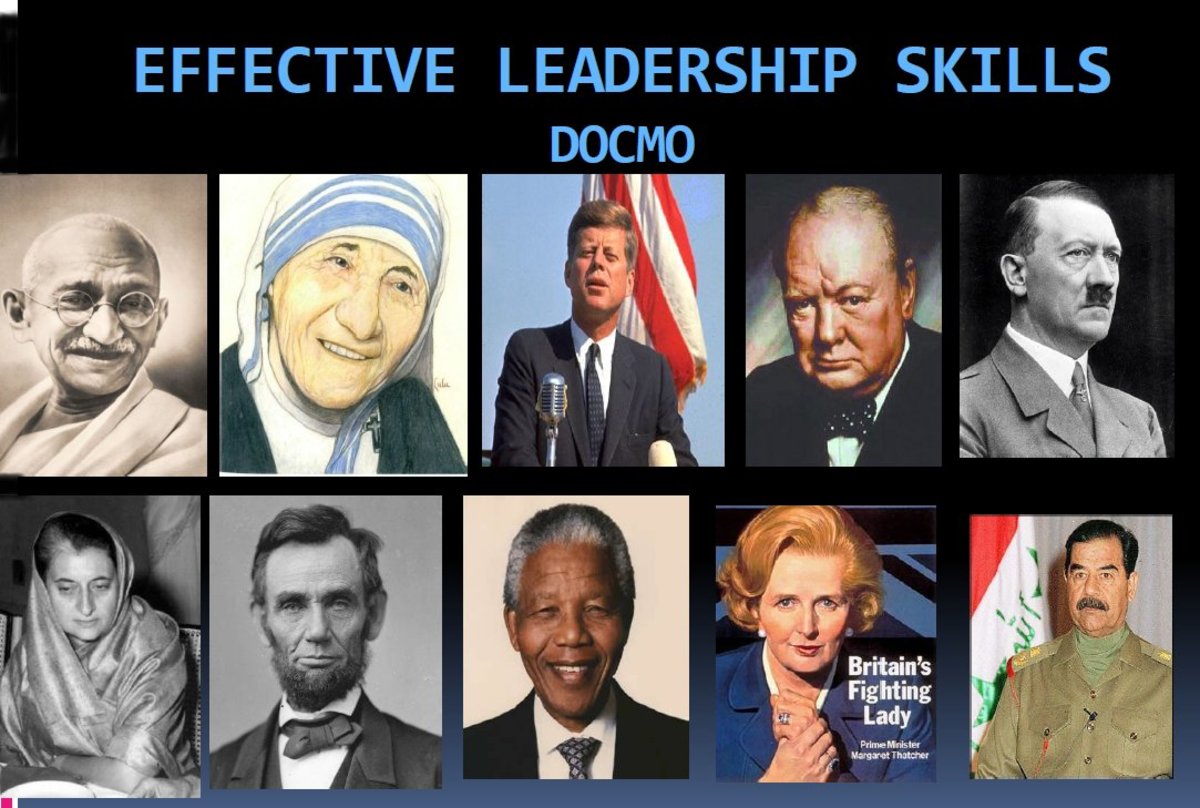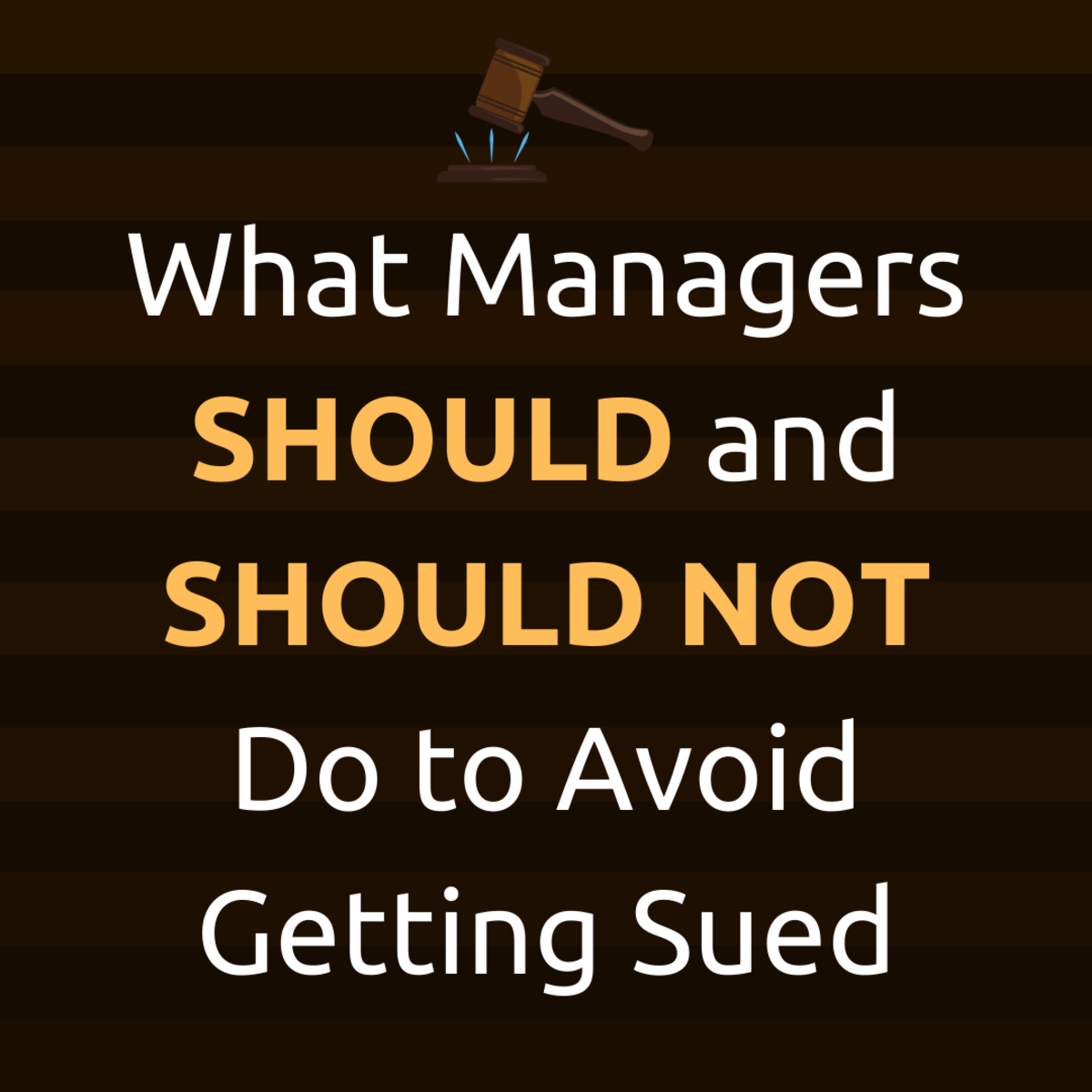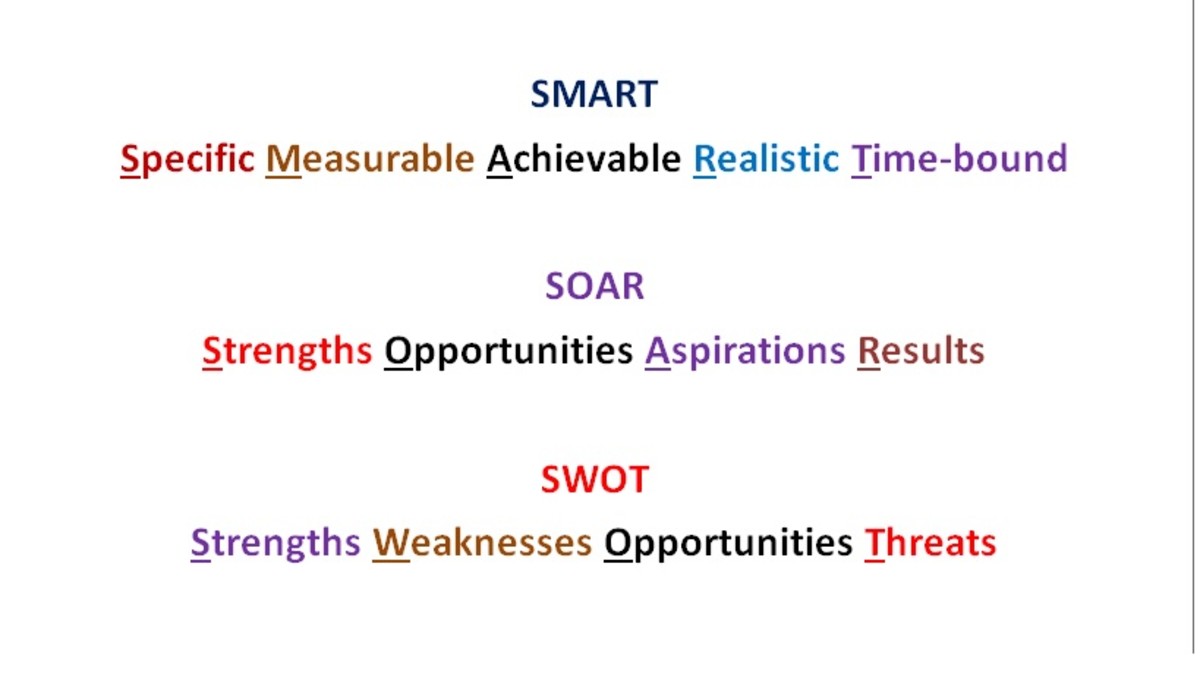What Is the Difference Between Leaders vs. Managers?

MANAGERS make you FEEL like you work FOR them; LEADERS make you FEEL like you work WITH them.
Is your boss a manager?
Picture yourself in a position where you dislike your boss, "the manager". That's not hard, right? To add to your grief, your boss actually thinks he is a great leader. Somehow, he doesn't quite get it. None of your colleagues even think your boss is easy to work for. So, how could your boss be a great leader? While on the other hand, the big wigs upstairs love your boss because he or she maintains stability within your department. You come to work and do your job, because you need a paycheck. Your boss gives direction and you do the work that he has assigned. If you see something that needs changed with your daily tasks, you've already learned not to tell your boss. He doesn't want to hear it. He has worked for the company longer than you have and he knows everything. But if your boss did listen to you, he would even take credit and say that it was his idea. Day after day, it's the same thing. Nothing ever changes. If your boss lost his title, as "manager of whatever", would you still follow him? Probably not.

Or is your boss a leader?
Now, consider yourself in a job where you enjoy working with your boss, "the leader". People don't talk about these types of jobs very often, but they do exist. Your boss seems to have it all. Upper management trusts your boss with large department transformations which puts your company ahead of the competition. Even your colleagues affirm that they love working with your boss too. Your boss shares his vision for the future with the department, engages your colleagues in the process, and requests feedback for future change. You look forward to going to work every day to contribute to this vision. Your boss encourages you to think outside of the box. When your boss enters the room, you are excited to converse with him and share your ideas. If your boss implements one of your ideas, he actually gives you credit; even telling upper management about your accomplishments. You feel that your boss takes a personal interest in you and cares about your work. Therefore, you work hard to please your boss.
Which boss would you rather work for?
So, what did we just learn?
Not everyone in a formal position of management actually contributes leadership to your business.
Three Common Mistakes by Harvard Business School...
Dr. John P. Kotter, Professor of Leadership from Harvard Business School, outlines three common mistakes that people make when discussing leadership and management. His article, Management is (Still) Not Leadership, can be viewed on the Harvard Business Review at http://blogs.hbr.org/2013/01/management-is-still-not-leadership/. The first mistake that Professor Kotter addresses is that "leadership" and "management" are not interchangeable. When people use these terms like they are one and the same, as the manager did in my above analogy, they clearly don't understand the functions of each or that there is a difference.
Leadership
Leaders create vision and drive change by their personal influence; not by any formal title or position of authority. Their vision is driven by a higher cause because it's the right thing to do. A leader is able to see the big picture. The transformational style is associated with leadership to enhance the morale of his or her subordinates.When influencing employees to do their jobs, the leader will also explain why the task is necessary to be completed. The leader is people and relationship oriented by developing the people around them and in their teams. The leader will collaborate with his employees in the decision making process. A leader will recognize employee's contributions and provide credit for their ideas. The leader's personality is engaging and approachable to his workers. The leader uses all of these characteristics toward driving useful change.
Management
Managers are resource oriented, focused on the bottom line, results and ego driven, following a course to implement the company's vision. The manager practices a transactional approach by placing more significance on tasks in completion of those goals, than the people doing the work. A manager will take credit for recognition on behalf of his subordinates. A manager is given power by his position in the company. When decisions are necessary, the manager will direct the employees without surveying for their opinions. As far as personality, the manager may have a distanced approach to dealing with the employees. Feeling that he or she is an expert about the industry, line of business, or organization, he will demand conformity to his expectations. The manager will work towards maintaining stability.
Management vs. Leadership : Differences
Management
| Leadership
| |
|---|---|---|
COURSE
| Implements Vision
| Creates Vision
|
DRIVEN BY
| Process, Results
| People, Cause
|
STYLE
| Transactional
| Transformational
|
RECOGNITION
| Takes Credit
| Gives Credit
|
DECISIONS
| Directs
| Collaborates
|
RELATIONSHIPS
| Position Power
| Personal Influence
|
PERSONALITY
| Distanced
| Engaging
|
OUTCOMES
| Maintains Stability
| Creates Change
|
FOCUS
| Bottom Line
| Big PIcture
|
ORIENTATION
| Resources
| People
|
These are just a few examples.
What is the difference between management and leadership?
Look at it this way, anyone can be a manager. You are a manager by your job title. The functions of management include planning, organizing, LEADING, and controlling. You see, leading is one of the job functions of a manager. However, not every manager knows how to be a leader. So, just because someone is a manager, it does not make them a leader.
Does that make sense? What is a leader? A leader can be a leader without any formal title or position. Leaders create vision, change, and are driven by a higher cause.
What's the difference? Managers do what the organization tells them to do. Leaders do what is right, regardless of what the organization tells them to do. A manager implements the organization's vision, a leader creates vision. A manager may be distanced from employees while a leader is engaging with people. A manager focuses on the bottom line while a leader sees the big picture. A manager directs people to do their jobs, while a leader collaborates with others as a team. A manager tells people what to do and a leader shows people what to do by their example. A manager may take credit for their employees work, while a leader gives credit to others.
I also wrote a hub on the definition of leadership which might be helpful. That one is called What is Leadership in Business Management. And I have several other hubs on some leadership theories, although there are many many more.










